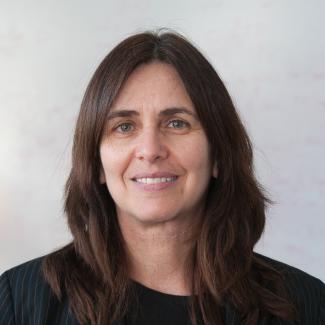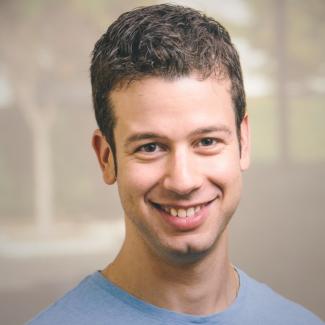
About
A fast-growing worldwide trend views storage and computation as a commodity. Driven by ever-increasing amounts of data and the associated computational demands, organizations and individuals are outsourcing storage and computation to large third-party systems (often called "the cloud"). As our email and medical, financial, and other personal information will soon reside on the web, the need to simultaneously guarantee privacy, availability of data, and correctness of computations is paramount. This digital reality imposes delicate and complex challenges to cryptography that require a paradigm shift in our goals and mode of thinking. We must depart from the traditional goals of cryptography, namely secure and authenticated communication, and move toward systems that are simultaneously highly efficient, highly secure, and highly functional.
We have to tackle questions such as these: How do we perform computations on encrypted data stored in multiple locations? How do we outsource computations to a third party and verify the correctness of the results with minimal overhead? How do we provide selective access to parts of the encrypted data on a need-to-know basis? How do we ensure the availability of our data when we want it? Furthermore, these issues are exacerbated by the pervasive context of large volumes of data. While some solutions work for small instances, they often do not scale to the big data setting.
Recent years have seen exciting advances, with new techniques for fully homomorphic encryption, program obfuscation, and verifiable outsourcing of computations. These results have made significant strides toward addressing the questions mentioned above. Still, there remain fascinating challenges for foundational research and (in tandem with theoretical advances) the challenge of translating foundational progress into practical solutions.
Note: This was a summer program that was run on an experimental basis.
This program is supported in part by the National Science Foundation, as part of the DIMACS/Simons Institute Collaboration in Cryptography.

Click here for a list of Open Problems suggested during the program.





